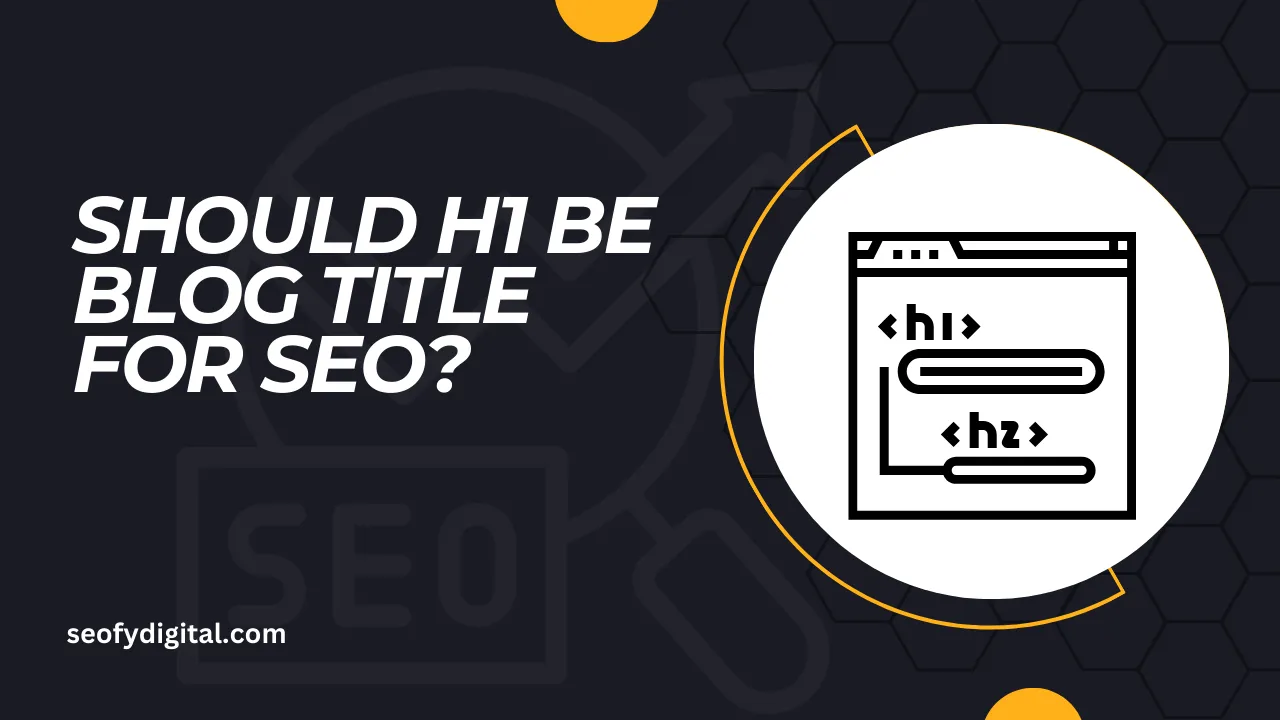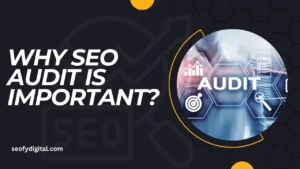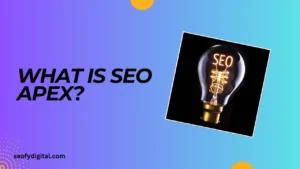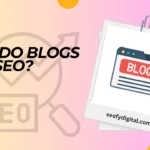Is the H1 tag a powerful SEO weapon or just an outdated myth? In the ever-evolving world of SEO, where new strategies emerge every day, many still wonder if using an H1 tag as the blog title is essential for search success.
After all, search engines are sophisticated enough to evaluate multiple on-page elements—but could overlooking the H1 tag mean missing out on crucial optimization? In this article, we’ll dive deep into the role of H1 tags in SEO and answer key questions about whether using the blog title as the H1 tag can truly impact your ranking potential.
We’ll explore why H1 tags matter, the best ways to structure them, and how they contribute to user experience and readability. But we’ll also look at limitations: H1 tags alone don’t guarantee high rankings, especially with so many other elements at play.
From user engagement to technical SEO, there are many factors shaping SEO success. So, should the H1 be your blog title? This guide will shed light on the H1 tag’s true potential in SEO and how you can make informed decisions for your content strategy.
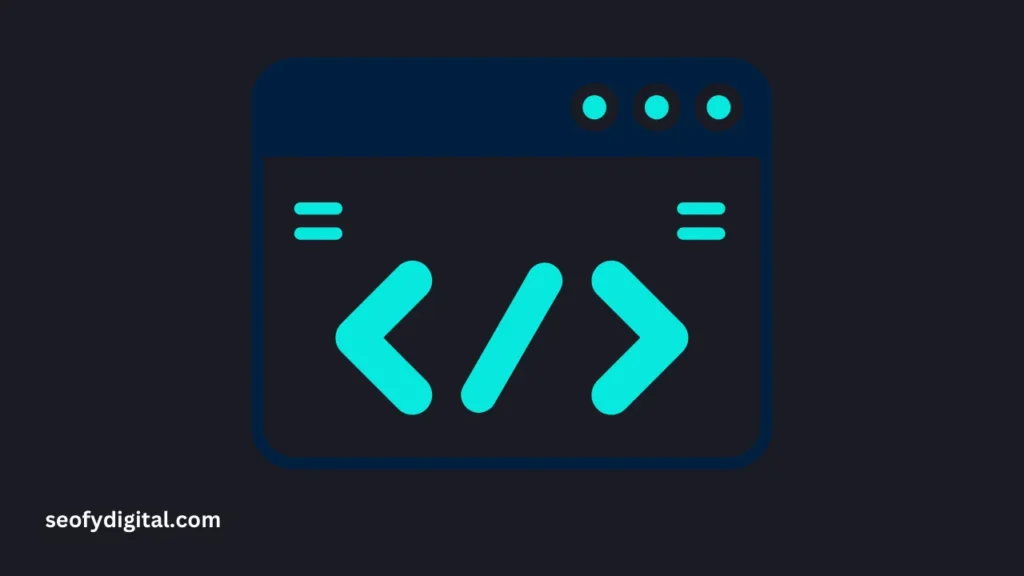
Contents
The Role of H1 Tags in SEO
The H1 tag does more than just label your page—it plays a role in signaling topic relevance to search engines. By accurately describing the core topic of your page, H1 tags help search engines understand your content and match it with user searches.
Moreover, a compelling H1 tag can increase click-through rates (CTR). When your page appears on a search engine results page (SERP), a well-phrased H1 grabs attention and encourages users to click, improving your visibility and engagement.
From a user experience perspective, H1 tags serve as a quick overview for visitors, giving them immediate insight into what to expect. When used effectively, they guide readers into the content, improving their browsing experience.
Best Practices for Using H1 Tags
Unique H1 Tags: Every page should have a unique H1 tag to clearly define its focus, helping search engines avoid confusion. Unique tags enhance site structure, making it easier for users and search engines to navigate.
Keyword Optimization: Including relevant keywords in your H1 is crucial for SEO. However, avoid overloading it with keywords—keyword stuffing can harm both readability and rankings. Aim for one or two well-chosen terms that align with user intent.
Clear and Concise Language: Your H1 should be easy to understand at a glance. Avoid complex terms and instead focus on conciseness and clarity to engage readers right away.
Proper HTML Structure: Correctly placing the H1 tag within your HTML structure signals its importance. For optimal results, keep it as the main title without embedding it within other heading tags like H2s or H3s.
The Impact of H1 Tags on User Experience
Improving Readability: H1 tags break up text, making content visually accessible. When visitors land on a page, a well-placed H1 enhances readability and guides them through the content effortlessly.
Enhancing User Engagement: A strong H1 tag sets expectations and draws readers into your page, increasing the time they spend on it. This engagement helps in reducing bounce rates, signaling to search engines that your page is valuable.
Improving Website Navigation: Structured H1 tags improve user navigation, allowing visitors to quickly identify the main points of your content. This contributes to a positive user experience, which is a valuable factor in SEO.
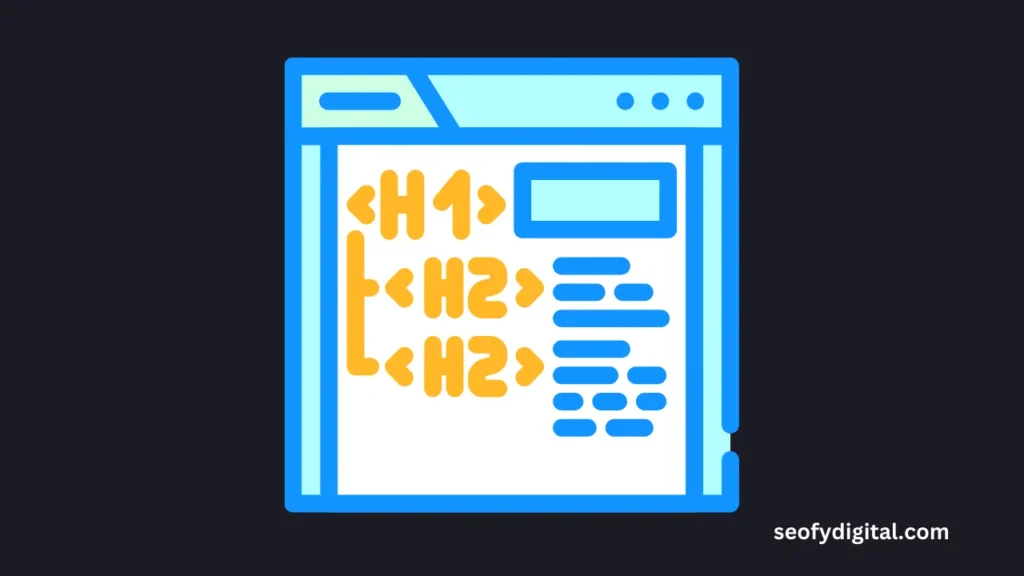
The Limitations of Relying Solely on H1 Tags
Other Ranking Factors: Although H1 tags are important, other factors—such as content quality, backlinks, and site speed—have equal, if not more, influence on SEO. Overemphasizing H1s alone won’t yield significant results.
User Intent: Understanding user intent is essential. Even a perfectly optimized H1 tag cannot guarantee high rankings if it doesn’t align with what users are actually searching for. User intent should guide your content creation and optimization efforts.
Algorithm Updates: Search engines frequently update their algorithms, affecting how they prioritize elements like H1 tags. To stay ahead, it’s crucial to adapt your SEO strategy to align with these changes instead of relying solely on H1 tags.
Other SEO Factors to Consider
Content Quality: High-quality, informative, and engaging content is paramount. Search engines prioritize valuable content, so focus on meeting user needs and addressing their questions comprehensively.
Keyword Research: Conduct thorough keyword research to find relevant keywords that resonate with your audience. Keywords help connect your content with user queries, enhancing visibility.
Backlink Building: Backlinks are a trust signal for search engines, helping to improve authority and ranking. Build a solid backlink profile by creating content that others will want to link to.
Technical SEO: Elements like website speed, mobile-friendliness, and site structure directly impact SEO. Improving technical SEO factors can boost user experience and increase your chances of higher rankings.
Conclusion
To wrap up, while H1 tags are a valuable SEO tool, they represent just one part of a much larger SEO strategy. By effectively using H1 tags, you signal topic relevance, enhance user engagement, and improve page navigation, but relying solely on H1s won’t deliver top search rankings. Consider H1s as one layer in a multi-faceted approach, including content quality, keyword research, and technical SEO.
In the future, as algorithms evolve, SEO strategies may shift, but H1 tags are likely to remain relevant in some capacity. For now, focus on balancing your H1 optimization with other critical factors to ensure a well-rounded, effective SEO approach.
FAQs
1. What is the H1 tag’s role in SEO?
The H1 tag helps search engines understand your page’s main topic and improves user experience by organizing content.
2. Should my H1 tag be the same as my blog title?
Ideally, yes. Your H1 should reflect your page’s core topic, making it clear to both readers and search engines.
Generally, it’s best to stick with one H1 per page. Multiple H1s can confuse search engines and disrupt structure.
4. Can an H1 tag alone improve my SEO?
No, an H1 tag alone won’t significantly boost rankings. It should be combined with quality content and other SEO tactics.
5. How should I place the H1 tag in HTML?
Ensure your H1 tag is the main title in your HTML structure without embedding it under other heading tags.
Yes, overloading keywords in H1 tags can reduce readability and harm SEO. Focus on relevant, natural terms.

